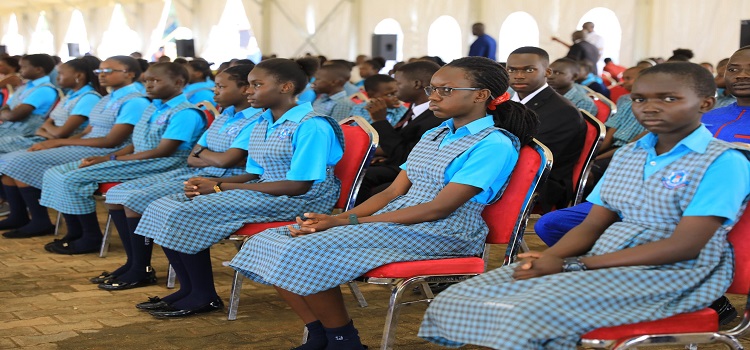MPs call for free boarding school policy to tackle education crisis in Karamoja
The low levels of education in Karamoja contribute to a cycle of poverty and insecurity, where young people, especially males, are vulnerable to recruitment into violent activities such as cattle rustling, while females face the risks of early marriages and teenage motherhood.

The recent motion by Members of Parliament from the Karamoja sub-region to implement a policy for free compulsory boarding school education highlights the urgent need to tackle the deep-rooted educational challenges faced by the region.
The call for this policy reflects a recognition that education is not only a fundamental right but also a critical tool for addressing poverty, insecurity, and social inequalities in Karamoja.
The Educational Crisis in Karamoja
Karamoja, a region in northeastern Uganda, has historically faced severe socio-economic challenges, including extreme poverty, high levels of insecurity, and limited access to social services. According to the motion moved by Pian County MP, Hon. Remigio Achia, 65% of the Karamoja population lacks formal education, with only 19% of eligible students enrolled in secondary school, and adult literacy rates standing at just 25% as of 2019/2020.
This dire situation is exacerbated by multiple barriers to education, including poverty, long walking distances to schools, a lack of school feeding programs, and cultural responsibilities such as livestock herding.
Achia’s motion connects these educational barriers to the region’s broader socio-economic and security challenges. The low levels of education in Karamoja contribute to a cycle of poverty and insecurity, where young people, especially males, are vulnerable to recruitment into violent activities such as cattle rustling, while females face the risks of early marriages and teenage motherhood.
The case for compulsory boarding school education
The MPs from Karamoja argue that implementing a free compulsory boarding school policy would significantly address these challenges. Boarding schools could help mitigate the barriers that currently deter children from attending school, such as long distances, food insecurity, and cultural duties.
By ensuring that children are in a safe and structured environment, the government can reduce dropout rates and improve educational outcomes, ultimately fostering a more educated and skilled population that is less likely to engage in criminal activities.
Additionally, a compulsory boarding school policy could help address the region’s cyclical insecurity. As Napak District Woman Representative, Hon. Faith Nakut pointed out, the lack of education is directly linked to household poverty and insecurity, with many children being drawn into livestock herding, which exposes them to conflict.
A structured educational environment would provide these children with alternatives to herding, reducing their exposure to violence and potentially breaking the cycle of insecurity.
Economic and social implications
From an economic perspective, the legislators stressed that the cost of addressing insecurity in Karamoja far outweighs the investment required for a robust educational policy. The loss of cattle, which is central to the region’s economy, underscores the human and economic costs of insecurity.
In the decade leading up to 2010, Karamoja lost about 80% of its cattle to insecurity, with districts like Kaabong nearly losing their entire livestock population by 2019. This economic devastation not only impacts local livelihoods but also has broader implications for national economic growth.
Hon. Bosco Okiror of Usuk County argued that investing in education is essentially an investment in national economic growth. By diverting young people from criminal activities and equipping them with skills for gainful employment, the government would foster a more productive workforce that can contribute to the country’s development.
While existing government interventions, such as the Universal Primary Education (UPE), Universal Secondary Education (USE), and current free compulsory boarding school programs in some Karamoja schools, are commendable, they have not been sufficient to raise educational standards across the region. A comprehensive policy that covers all learners in Karamoja would strengthen these initiatives, creating a more inclusive and equitable education system.
The motion highlights the need for a holistic approach that not only addresses educational access but also considers the broader socio-economic and cultural context of the region. It emphasizes the importance of an inclusive educational policy that considers the unique challenges of Karamoja, ensuring that all children, regardless of their background, have access to quality education.







